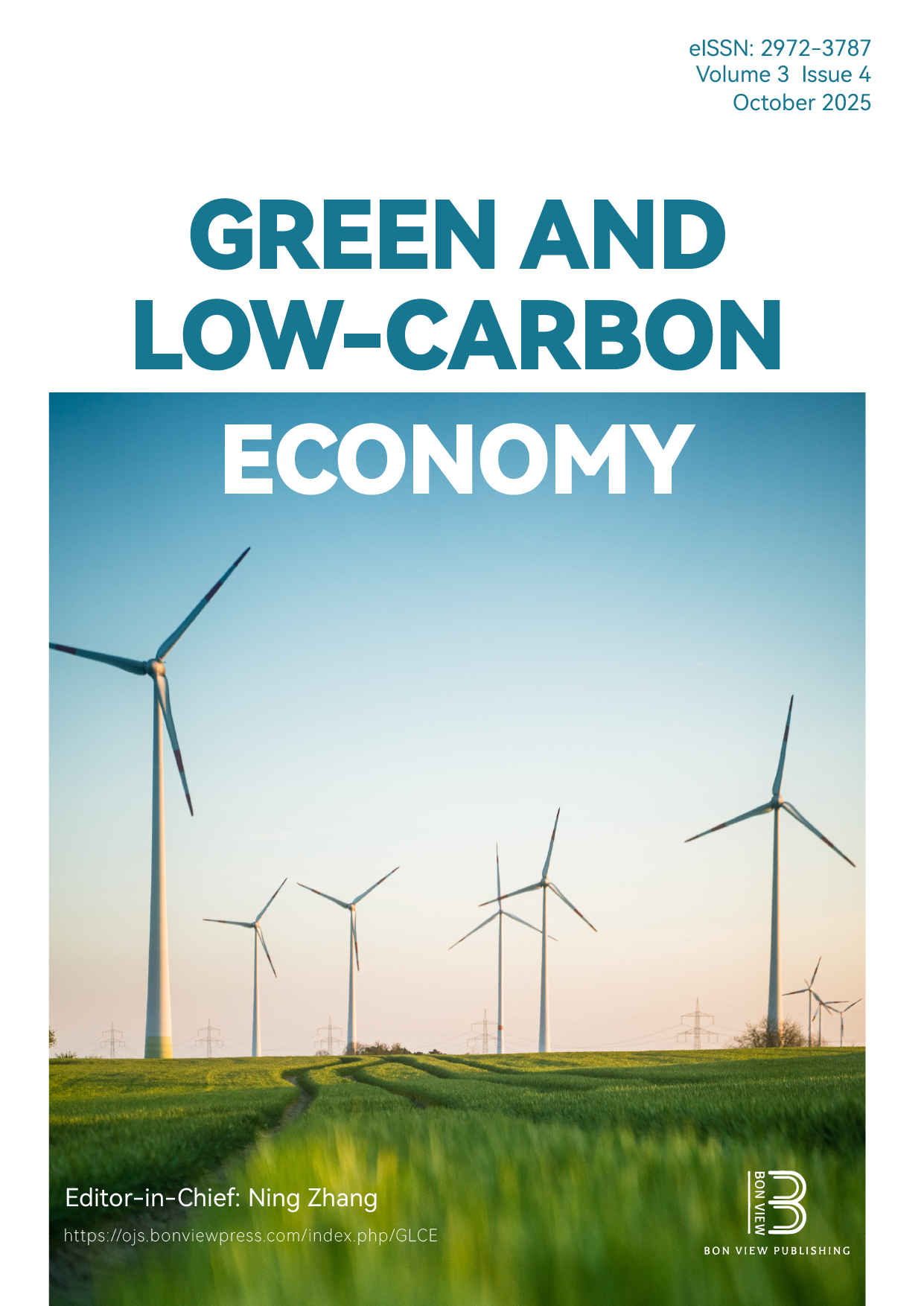Environmental Sustainability: Ecological Footprint Analysis of Ibadan North, Nigeria
DOI:
https://doi.org/10.47852/bonviewGLCE42023638Keywords:
ecological footprint, environmental sustainability, urban sustainability, sustainability, NigeriaAbstract
The ecological implications of global development have been a primary focus in discussions surrounding sustainability. As urban development expands globally, addressing its many ecological concerns becomes imperative. However, the ecological footprint (EF) analysis of urban sustainability within the sub-Saharan region, particularly Nigeria, remains largely unexplored. Here, we used the EF indices to explore the environmental sustainability of Ibadan City, one of Nigeria's fastest-growing urban centers. We implemented a bottom-up EF approach in the study, employing a cross-sectional design. We used an EF questionnaire to gather monthly household consumption data on food, energy, and water. We analyzed these data descriptively and methodologically using EF formulae. Findings indicate environmental sustainability, as reflected in the low EF of 0.43 gha/capita, with the energy footprint accounting for the majority (93%) at 0.4 gha/capita. In comparison, the food footprint had the lowest share (below 3%) at 0.01 gha/capita. Our findings demonstrate the significant impact of energy consumption on the overall EF, reinforcing the need for more sustainable energy solutions in urban planning, thus contributing to urban sustainability by informing urban planning and energy policy in alignment with the global sustainability drive.
Received: 17 June 2024 | Revised: 27 August 2024 | Accepted: 20 October 2024
Conflicts of Interest
The authors declare that they have no conflicts of interest to this work.
Data Availability Statement
Data are available on request from the corresponding author upon reasonable request.
Author Contribution Statement
Henry Sawyerr: Conceptualization, Methodology, Validation, Formal analysis, Writing – review & editing, Supervision, Funding acquisition. Edet Otto: Methodology, Formal analysis, Investigation, Writing – original draft, Funding acquisition. Micheal Akinyemi: Investigation, Visualization, Project administration, Funding acquisition.
Downloads
Published
Issue
Section
License
Copyright (c) 2024 Authors

This work is licensed under a Creative Commons Attribution 4.0 International License.


